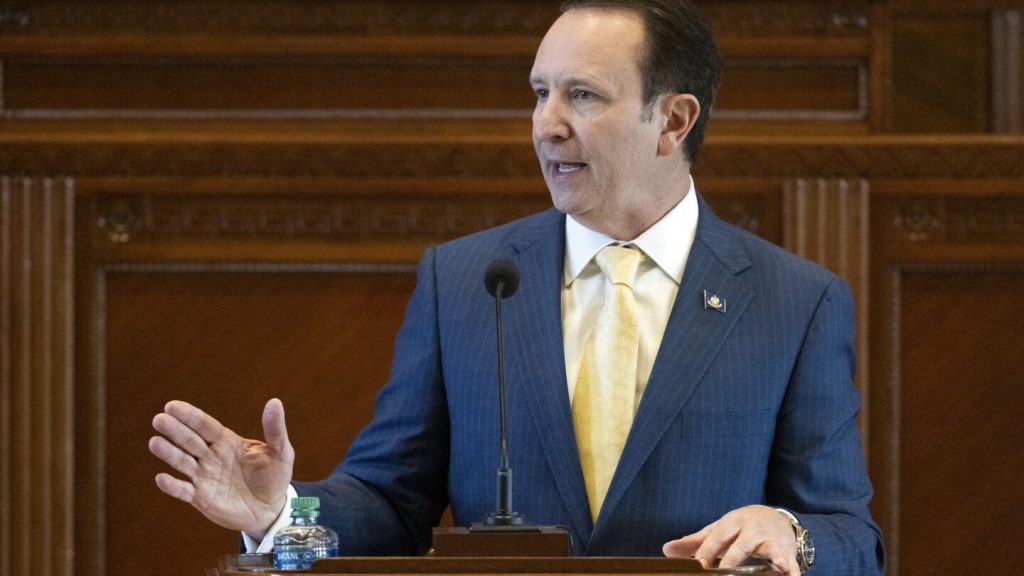Critics of a new Louisiana law that makes it a crime to approach within 25 feet of a police officer under certain circumstances are concerned that the measure could hinder the public’s ability to film officers. The law, signed by Gov. Jeff Landry, imposes a fine of up to $500, 60 days in jail, or both for anyone convicted of knowingly approaching an officer engaged in their duties after being ordered to stop or retreat. While the law does not explicitly mention filming, opponents believe it could restrict the ability of individuals to observe police closely and question its constitutionality in terms of First Amendment rights.
Supporters of the law argue that it will create a buffer zone to protect the safety of officers while still allowing bystanders to film police interactions. Cellphone videos taken by bystanders have been instrumental in revealing instances of police misconduct, such as the killing of George Floyd in 2020. Similar attempts to establish restrictions on filming police have occurred in other states, with Arizona passing a law in 2022 that was later blocked as unconstitutional for infringing on the right to film police officers doing their jobs.
While half of the U.S. appeals courts have ruled in favor of allowing people to record police without restrictions, the Louisiana measure’s author, state Rep. Bryan Fontenot, argues that the legislation was designed to provide officers with a safe distance to perform their duties without interference. Fontenot emphasized the importance of officers’ safety and the need for a distance that prevents individuals from physically threatening officers during arrests. A similar bill was vetoed by the previous governor, John Bel Edwards, who viewed it as unnecessary and potentially chilling the exercise of First Amendment rights.
With a new conservative governor in office and a GOP supermajority in the Louisiana Legislature, the bill had a clearer path to becoming law. However, language in the measure does include some provisions that allow for a defense against the crime, such as establishing that the lawful order or command was not received or understood by the defendant. Critics continue to raise concerns about the potential impact of the law on public accountability and transparency in policing, particularly in light of the role that citizen videos have played in holding officers accountable for misconduct. The debate over the balance between protecting officers and safeguarding individuals’ rights to observe and document police actions is likely to continue as the law goes into effect on August 1.


